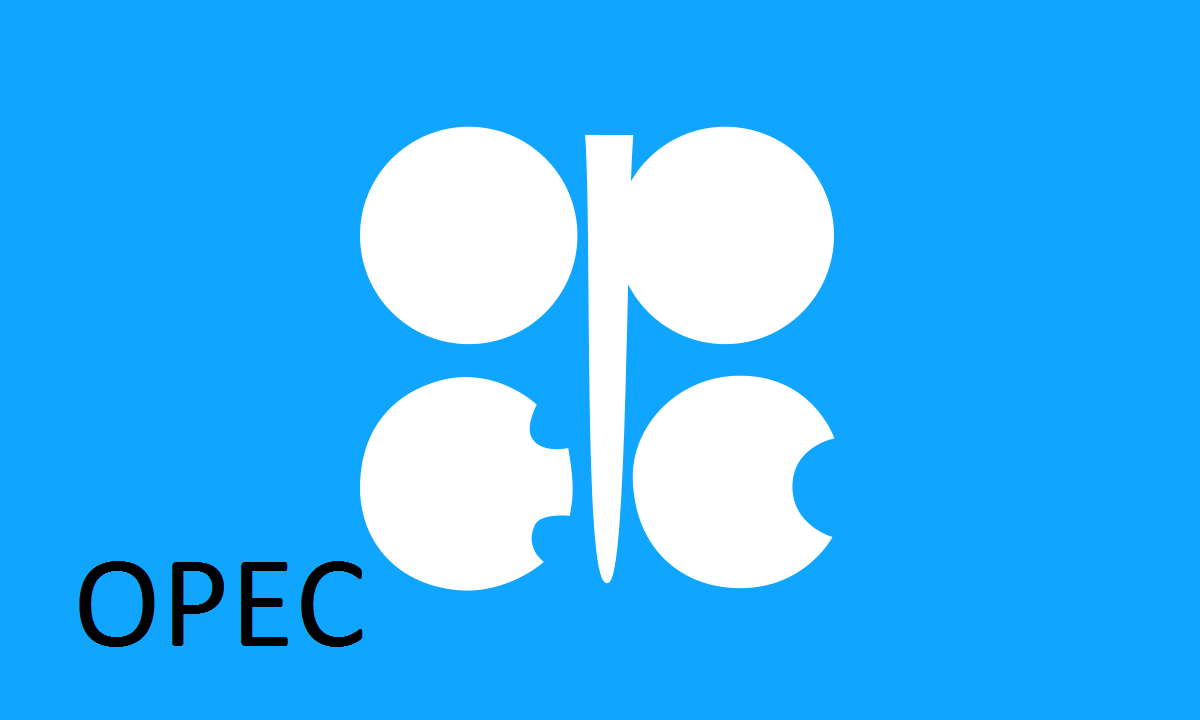Nigeria is hoping to approach the Organisation of Petroleum Exporting Countries (OPEC) to raise the country’s crude oil production quota by 25 per cent on the back of expectations that output will be raised soon, the Nigerian National Petroleum Company Limited (NNPC) has said.
The national oil company is also targeting 2 million barrels per day from 2027, with plans to be included in the upcoming talks over updated country capacities, the Group Chief Executive Officer of the state-owned NNPC, Bashir Ojulari, said in a report by Argus Media.
Nigeria’s current crude quota is 1.5 million bpd, but Ojulari said current production is slightly below that at around 1.4 million bpd. Including around 250,000 bpd of condensate, that takes current oil output to around 1.65 million bpd, just shy of the country’s oil production capacity.
Argus estimated Nigeria’s crude output at just shy of 1.6 million bpd in May, the latest month for which estimates are available, although that figure includes production of Nigerian light sweet Agbami, which Nigeria itself classifies as condensate, the report said.
By 2027, NNPC is targeting a capacity of around 2.4 million bpd, and production of 2 million bpd, Ojulari said. Of this production, around 1.7 million bpd will be crude and the 300,000 bpd balance, condensate, Argus reported at the weekend.
And within three years, the company is aiming for production of 3 million bpd, comprising crude output of 2.5 million bpd and condensate production of 500,000 bpd. Capacity will be around 3.5 million bpd, it added.
Nigeria’s plans come as the OPEC+ group embarks on a new campaign to update and refresh each member country’s maximum sustainable production capacity, which would then be used to determine new production baselines, or quotas, for members from which output targets for 2027 will be calculated.
The OPEC secretariat was in late May instructed by the alliance to start developing a framework to present to the ministers at the next full OPEC+ ministerial conference on November 30.
Nigeria has on several occasions in recent years attempted to request an upward revision to its OPEC+ production baseline, the level from which production quotas are calculated, but with no success.
This was primarily due to the country largely failing to meet even existing targets because of infrastructure and operational problems. But with those issues now largely behind it, Nigeria is looking to make a renewed attempt to argue its case to be allowed to produce more, particularly in light of the significant additional oil refining capacity that the country has added, and will add, over the coming 12-18 months.
“We believe that with the increased demand being created in-country, we are now in a better position to also seek from Opec to increase our production quota,” Ojulari said.
Nigeria recently commissioned the 650,000 bpd Dangote refinery while 500,000 bpd of modular refining capacity are at “different stages of progress”, Ojulari said.
“So you can imagine, over the next two years, we will be talking of (additional) refining capacity of around 1 million bpd of just Nigerian local consumption,” Argus quoted Ojulari as saying.
At present, Nigeria is having to adhere to an OPEC+ crude quota of 1.5 million bpd which, barring any change in policy over the coming months, is due to hold until the end of 2026.
Ojulari said he will be lobbying for a 25 per cent increase in the production quota by 2027, and remains hopeful that this time Nigeria’s request will be granted.
“What I want to have by 2027 is 2 million bpd; that is what we will be asking,” he said. “What the outcome of that conversation will be will depend on how successful we are in our discussions and interactions. But that is what we are gunning for,” he said.
Argus Media is a London‑based independent provider of market intelligence and price benchmarks for global commodity and energy markets.





